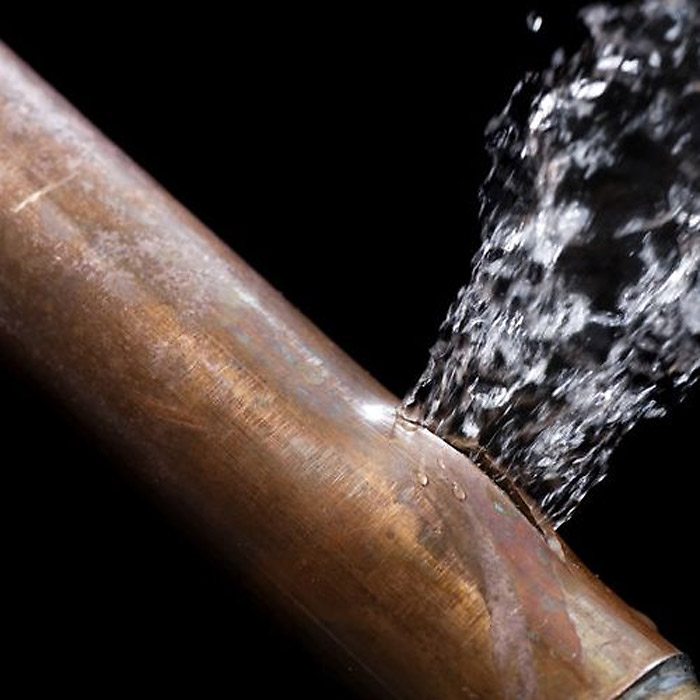
In cold weather, your home's plumbing system can suffer in several ways. From frozen pipes to burst water mains, the challenges of cold and freezing weather can wreak havoc on your plumbing system if you're not prepared.
In this blog, we'll explore some of the most common plumbing problems that occur in cold weather and provide tips on how to prevent them.
Frozen Pipes
One of the most prevalent cold weather plumbing problems is frozen pipes. When temperatures drop below freezing, water inside pipes can freeze, causing them to expand and potentially burst. This not only disrupts water flow but can also lead to costly water damage.
Insulate exposed pipes in unheated areas such as basements, crawl spaces, and attics. Seal any cracks or gaps in exterior walls to prevent cold air from reaching pipes. During extremely cold weather, allow faucets to drip slightly to keep water moving and relieve pressure in the pipes.
Burst Pipes
If frozen pipes are left untreated, they can burst under the pressure of expanding ice. A burst pipe can cause significant water damage to your home and belongings, leading to expensive repairs and cleanup efforts.
Monitor your pipes for signs of freezing, such as reduced water flow or strange noises. If you suspect a pipe is frozen, take immediate action to thaw it using a hairdryer, heating pad, or warm towels. Shut off the water supply to the affected pipe and contact a plumber for assistance if needed.
Water Heater Failure
Cold weather can put additional strain on water heaters, leading to malfunctions or failure. Sediment buildup, fluctuating temperatures, and increased demand for hot water can all contribute to issues with your water heater during the cold months.
Schedule regular maintenance for your water heater to ensure it's operating efficiently. Insulate the tank and pipes to help retain heat and prevent freezing. Consider upgrading to a newer, more energy-efficient water heater if yours is old or showing signs of wear.
Clogged Drains
Cold weather can exacerbate clogged drains as grease and other substances solidify in cooler temperatures. Additionally, holiday cooking and gatherings can lead to an increase in food scraps and debris going down the drain, further contributing to clogs.
Avoid pouring grease, oil, or fat down the drain, as they can solidify and cause blockages. Use drain strainers to catch food scraps and other debris before they enter the plumbing system. Regularly clean drains with a mixture of baking soda and vinegar to help prevent buildup.
Frozen Outdoor Faucets
Outdoor faucets and hose bibs are particularly susceptible to freezing in cold weather. When water inside these fixtures freezes, it can cause damage to the faucet and the attached hose, as well as potentially impacting the connected plumbing indoors.
Disconnect and drain hoses before temperatures drop below freezing. Install frost-proof outdoor faucets or use insulated faucet covers to protect against freezing. If necessary, shut off the water supply to outdoor faucets and drain the pipes to prevent freezing.
In conclusion, cold weather brings a host of plumbing challenges that can disrupt the comfort and functionality of our homes. By taking proactive measures to prevent frozen pipes, burst pipes, failing water heaters, clogged drains, and frozen outdoor faucets, you can safeguard your plumbing system against the ravages of freezing weather. Remember to stay vigilant, monitor your plumbing for signs of trouble, and address any issues promptly to avoid costly repairs and water damage. With the right precautions in place, you can weather the cold season with confidence and keep your plumbing flowing smoothly during cold and freezing temperatures.


